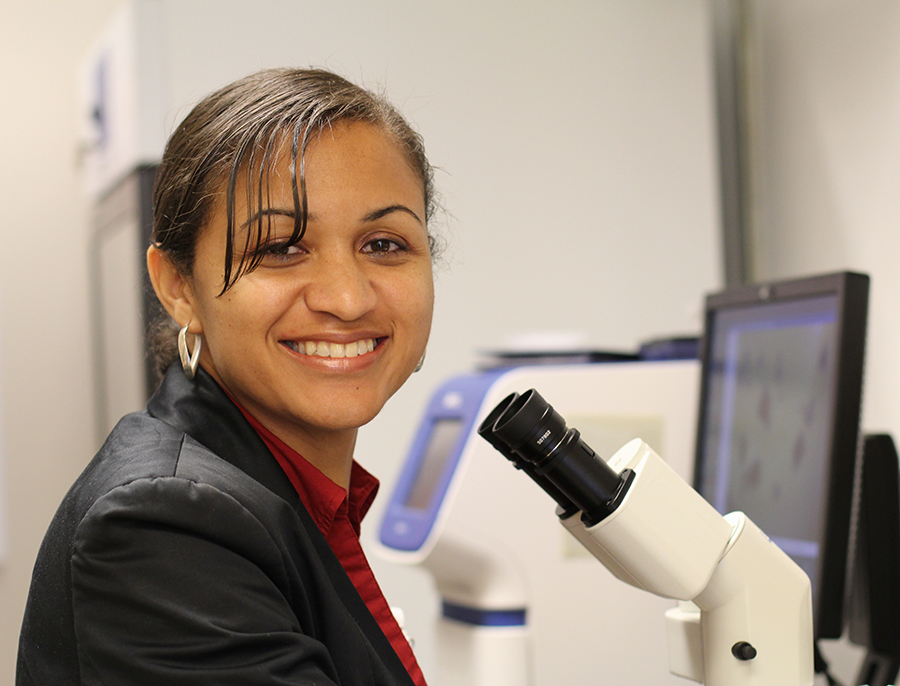
In the human pancreas, groups of so-called “endocrine cells” secrete the hormones insulin and glucagon, which are critical for regulating blood glucose levels; dysregulation of hormone secretion can lead to diabetes.
In a recent edition of the journal Diabetes, Klaus Kaestner and colleagues published a study looking at the pattern of active or “expressed” genes of individual endocrine cells from the pancreases of juveniles, adults, and Type I and Type II diabetics. Interestingly, the genes expressed in both juvenile and Type II diabetic endocrine cells were not typical of either adult insulin or glucagon cells, but instead had a mixed expression of both insulin and glucagon cell genes. This observation supports the ideas that (1) juvenile endocrine cells have to mature to acquire distinct cellular characteristics and functionality, and (2) that during the onset of Type II diabetes, endocrine cells may acquire more juvenile characteristics and lose their ability to secrete insulin, thus leading to Type II diabetes. There were also a significant number of cells that expressed genes typical of both an endocrine cell and a completely different type of pancreatic cell, called a ductal cell—suggesting a possible transition between ductal and endocrine fates.
These intriguing endocrine-ductal cells might serve as a source of cellular replacement, since human endocrine cells rarely replicate.
